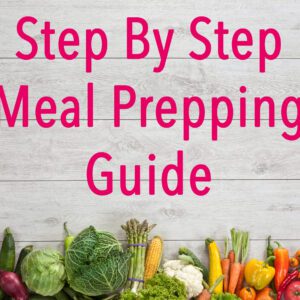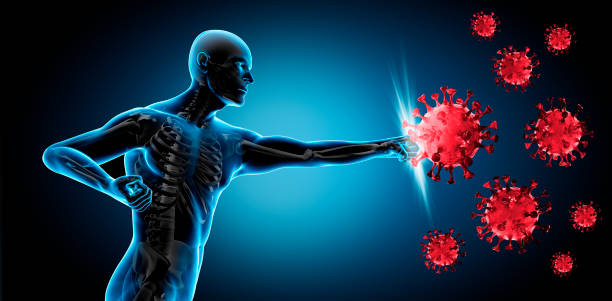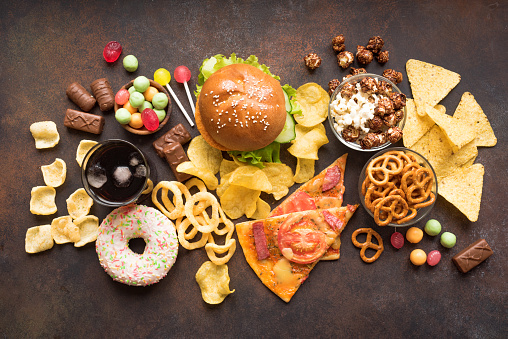Health Benefits of Pumpkins
Health Benefits of Pumpkins. Pumpkins are generally thought of as a Halloween icon and a staple of the fall season. They’re the scary, illuminated face on your doorstep or the filling in your Thanksgiving pie. Actually Pumpkins aren’t just for carving or pie making. That orange gourd is more than just a jack o’ lantern – it’s packed with nutrients that can protect your body against serious health conditions. It is rich in vitamins and minerals but low in calories. Pumpkin seeds, leaves, and juices all pack a powerful nutritional punch.
(Pumpkins are the cultivar of a squash plant, most commonly of Cucurbita pepo, that is round, with smooth, slightly ribbed skin, and deep yellow to orange coloration. The thick shell contains the seeds and pulp. Some exceptionally large cultivars of squash with similar appearance have also been derived from Cucurbita maxima.)
Pumpkins can be incorporated into desserts, soups, salads, preserves, and even as a substitute for butter. This seasonal fruit offers health-boosting properties. It is also a delicious ingredient for soup, muffins or even pancakes. Eating more pumpkin will benefit you in a number of ways, including the following.
Surprising Health Benefits of Pumpkins
1. Improves Skin Glow:
Pumpkins contain carotenoids that help eliminate free radicals, fight oxidative stress and prevent mascular degeneration and aging. The properties that aid in preventing cancer can also keep the skin healthy.
2. Boosts Immune System:
Pumpkin seeds are a rich source of zinc (one ounce contains more than 2 mg of this beneficial mineral). Zinc is important to your body in many ways, including immunity, cell growth and division, sleep, mood, your senses of taste and smell, eye and skin health, insulin regulation, and male sexual function.
Many are deficient in zinc due to mineral-depleted soils, drug effects, plant-based diets, and other diets high in grain. This deficiency is associated with increased colds and flu, chronic fatigue, depression, acne, low birth weight babies, learning problems and poor school performance in children, among others.
3. Improve Prostate and Bladder Health:
Pumpkin seeds may help relieve symptoms of benign prostatic hyperplasia (BPH), a condition where the prostate gland enlarges and can cause problems with urination.
Several studies in humans found that eating these seeds reduced symptoms that are associated with BPH, There is also research to suggest that taking pumpkin seeds or their products as supplements can help treat symptoms of an overactive bladder.
4. Improves Fertility:
For women of child-bearing age, consuming more iron from plant sources such as pumpkin appear to promote fertility, according to Harvard Medical School’s Harvard Health Publications.
The vitamin A in pumpkin (consumed as beta-carotene then converted to vitamin A in the body) is also essential during pregnancy and lactation for hormone synthesis.
5. Aids Digestion:
Being high in fiber, pumpkins are good for digestion. Fiber helps your body digest your food efficiently and absorb the nutrients. It helps move food through the digestive tract, prevents constipation, absorbs water and adds bulk to the stool, thus controlling diarrhea. Do not eat unripe or overripe pumpkins though.
6. Boost Vision :
A cup of cubed pumpkin contains almost twice the recommended daily intake of vitamin A, which promotes good vision, especially in dim light, according to the National Institutes of Health. It has also been found to slow the decline of retinal function in those with retinitis pigmentosa, a degenerative eye disease that can lead to blindness, according to researchers from Harvard. Bonus: Vitamin A also helps form and maintain healthy skin, teeth and bones.
7. Boost Your Mood:
Serotonin deficiency is a growing concern for many people. Researchers claim that it’s an epidemic inflicting its unique dark cloud misery on people and it’s noted that 80% of people suffer from serotonin deficiency. The reason why serotonin is important to overall wellness is because it’s our primary defense against depression and anxiety. A simple way to make sure you’re producing natural serotonin is to include foods that contain the amino acid tryptophan which gets converted to serotonin in your body. Pumpkin seeds contain loads of tryptophan which will help keep your outlook on life bright.

8. May Improve Sperm Quality:
Low zinc levels are associated with reduced sperm quality and an increased risk of infertility in men,Since pumpkin seeds are a rich source of zinc, they may help improve sperm quality.
Evidence from one study in mice suggests they may also help protect human sperm from damage caused by chemotherapy and autoimmune diseases
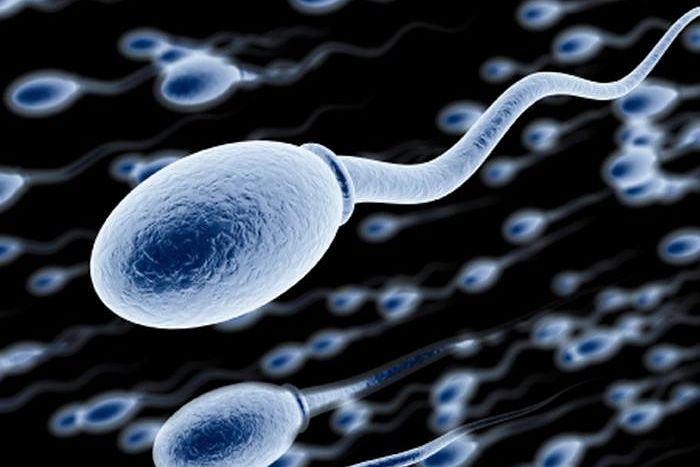
9. Improves Hearts Health:
Increased fiber intake can also help protect you from heart disease, research shows. In fact, one study of over 67,000 thousand women over a 10 year span, demonstrates that a diet high in fiber intake reduces the risk of heart disease.
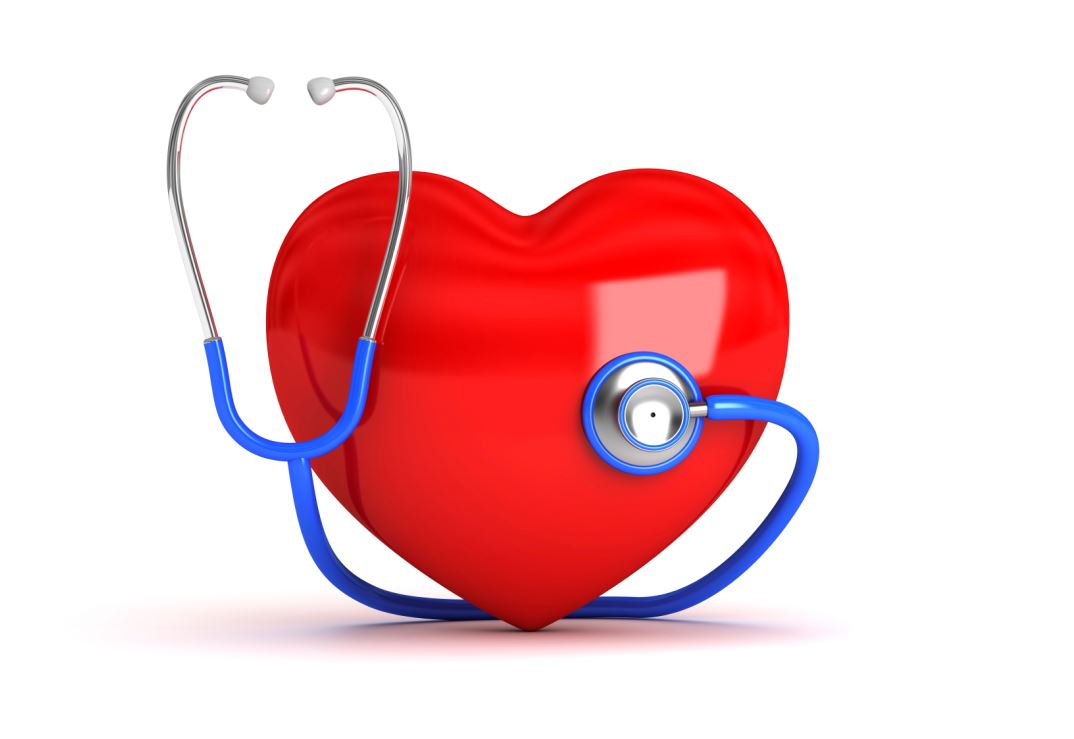
10. Lowers High Blood Pressure:
The high potassium content in pumpkins helps control high blood pressure. Its vitamin C also reduces blood pressure. A cup of cooked canned pumpkin meets 20 percent of your daily vitamin C requirement.
Plus, the high vitamin A in this superfood promotes proper functioning of the heart, lungs and kidneys. Its rich fiber content also keeps cholesterol levels in check, thus decreasing the risk of heart disease and stroke.
11. Promotes Hair Growth:
Pumpkin is a rich source of minerals including potassium and zinc. Potassium helps in keeping hair healthy and improve re-growth. Zinc helps maintain collagen and thus play an important role in promoting healthy hair. It also contains folate, an important B vitamin that stimulates hair growth by improving blood circulation.
12. Helps Your Baby Sleep Better:
Pumpkins contain tryptophan that helps the body produce serotonin. The amino acid helps induce calmness and drowsiness. The serotonin content in pumpkin will help your baby relax and sleep better.



